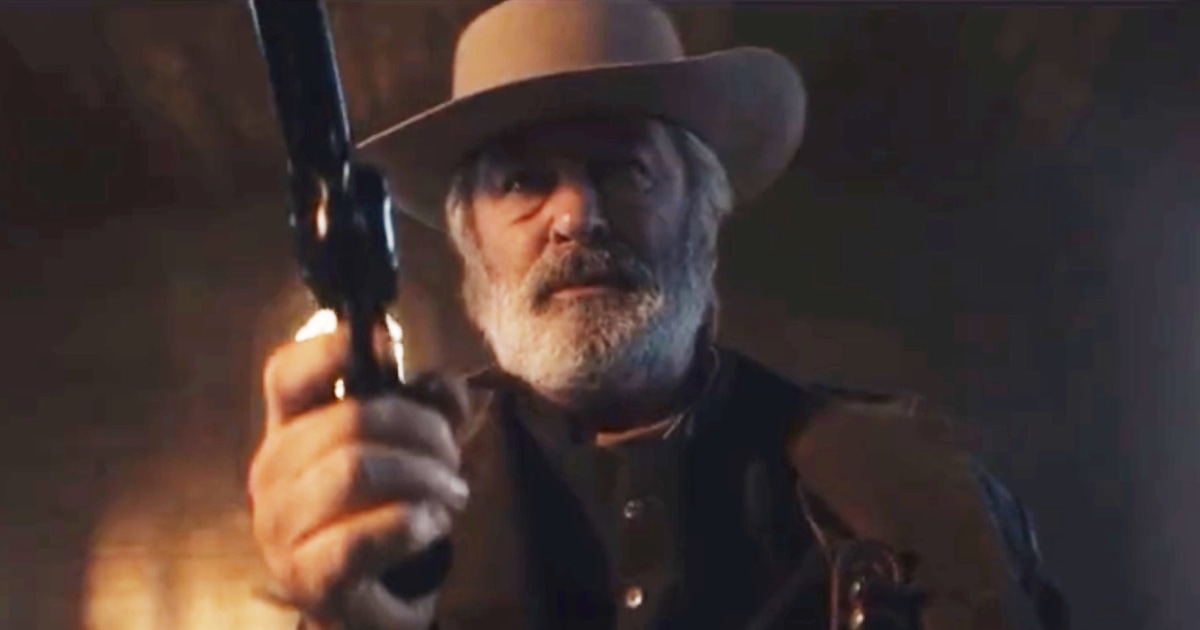
[ad_1]
Despite a dubious track record that’s featured prosecutorial missteps and false starts, the Alec Baldwin “Rust” film-set shooting case may not be closed yet.
In January, the actor was charged with involuntary manslaughter in the 2021 death of cinematographer Halyna Hutchins. Baldwin was rehearsing with a prop gun when it went off, killing Hutchins and wounding director Joel Souza. He pleaded not guilty and said in media interviews that he didn’t pull the trigger — a key issue.
But if you’re wondering why the case may be back again since New Mexico prosecutors already dropped it back in April, it’s because they wanted more time for further investigation.
Apparently, that investigation has given prosecutors enough confidence to present the case to a grand jury as early as next month, as NBC News was first to report Tuesday. Further analysis “concluded with certainty that the trigger of the gun had to have been pulled for the gun to go off,” prosecutor Kari Morrissey told The New York Times.
“We believe that based on our lengthy and detailed investigation that it is appropriate for a grand jury in New Mexico to make a decision on whether the case should proceed,” Morrissey said in a statement.
Morrissey was brought on with Jason Lewis as special prosecutors back in March, after the case was filed by First Judicial District Attorney Mary Carmack-Altwies in Santa Fe. The prosecution’s seeming blunders to date have included the state having to drop a gun-charge enhancement, a previous special prosecutor withdrawing from the case, and Carmack-Altwies herself stepping aside.
The current special prosecutors appear to be taking a different approach from the previous charges, which were brought by what’s called an information. That’s when prosecutors initiate charges themselves and then a judge decides at a hearing whether the case can proceed to trial.
Given the case’s tortured history, it makes sense to present it to a grand jury. That old saying that grand jurors would indict a ham sandwich is a reflection of the relatively low bar at that stage in proceedings; any indictment is merely an accusation the government has to prove at trial beyond a reasonable doubt. Still, there’s something to be said for running the charges by a group of ordinary people, even if it’s a low standard to clear. So if it doesn’t clear that low bar, the grand jurors may be doing prosecutors a favor.
The prosecution seems to recognize the benefit of this process either way, as its statement puts the “decision” on whether the case will proceed in a grand jury’s hands (even if prosecutors have great control over how grand jurors see the case). Generally speaking, prosecutors have already decided on their preferred outcome when they put charges in front of a grand jury.
Baldwin lawyers Luke Nikas and Alex Spiro said that they’d answer any charges in court and that it’s “unfortunate that a terrible tragedy has been turned into this misguided prosecution.”
The film’s armorer, Hannah Gutierrez-Reed, was initially charged alongside Baldwin, and prosecutors didn’t drop her charges. She has pleaded not guilty and hasn’t gone to trial yet.
Subscribe to the Deadline: Legal Blog newsletter for weekly updates on the top legal stories, including news from the Supreme Court, the Donald Trump cases and more.
[ad_2]
Source link

